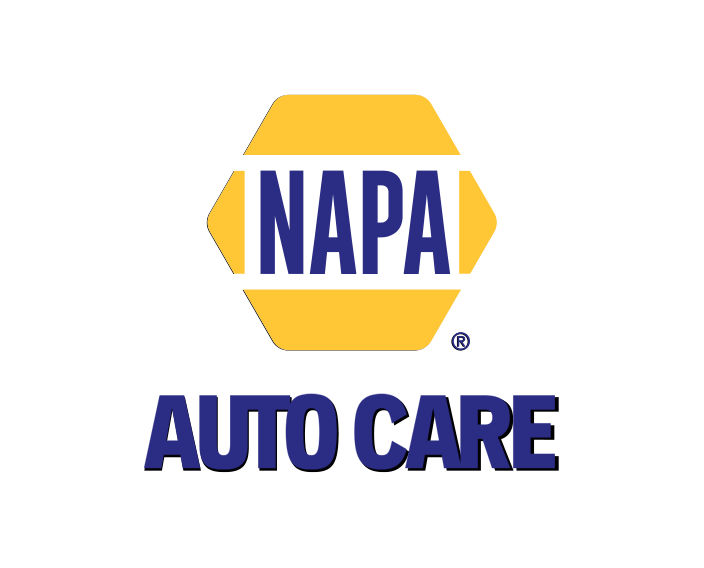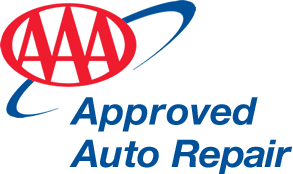Timing Belt Maintenance: Keep Your Engine Running Smoothly

You may have heard about an important part of your vehicle’s engine called a timing belt. If this belt breaks, it can lead to severe engine problems that are costly to repair.
Not all vehicles have a timing belt, but those that do generally feature smaller engines. The timing belt keeps the engine synchronized, ensuring that the spark plug fires precisely when the crankshaft, camshaft, pistons, and valves are all working together. Over time, timing belts will need to be replaced, and most vehicle manufacturers provide recommendations for when this should be done. Typically, it’s around every 60,000-100,000 miles. Sticking to your vehicle’s maintenance schedule or being alert for signs of a failing timing belt can save you from significant engine damage.
Some common symptoms of a failing timing belt include:
- The engine won’t turn over when you try to start it.
- You hear a ticking or banging sound under the hood.
- You notice an oil leak or the engine misfires.
If you experience any of these issues, it’s crucial to bring your vehicle to Advanced Auto Clinic in Delavan. Our expert technicians will diagnose the problem and ensure your vehicle is back on the road in top condition.
At Advanced Auto Clinic, we understand the importance of preventative maintenance. Replacing a timing belt before it breaks is a wise investment to avoid costly engine repairs. The process of replacing a timing belt can be involved, often requiring the replacement of other components like the water pump, thermostat, tensioner, and idler pulleys to ensure the new belt lasts for another 60,000-100,000 miles.
If you’re unsure whether your vehicle has a timing belt or a timing chain (which lasts longer and is used in more recent models), our service advisers are here to help. Contact us to check your vehicle’s timing system and schedule any necessary maintenance.
Don’t wait until it’s too late—schedule your timing belt replacement today by calling Advanced Auto Clinic at (262) 728-2944 or online here!
ASE-Certified Tire and Automotive Professionals
We offer timing belt/chain service on all automotive makes and models including: Toyota, Dodge, Dodge Trucks, Honda, Lexus, BMW, Chevrolet, Chevrolet Trucks, Chrysler, Ford, Ford Truck, GMC, GMC Truck, Jaguar, Mercedes Benz, Pontiac, Hyundai, Infiniti, Jeep, Kia, Land Rover, Mazda, Acura, Audi, Buick, Cadillac, Mercury, Nissan, Oldsmobile, Mini Coopers & more! Our auto alignment repair shop is located very close to Lake Geneva, Elkhorn, Fontana, Darien & Burlington. Contact your local NAPA AutoCare Center store today and find out what our ASE-certified tire and automotive professionals can do for you!
DID YOU KNOW?
They say timing is everything. That’s doubly true when it comes to your timing belt. First, your timing belt keeps your valves operating in time with your engine so that it runs properly. Second, if you replace your timing belt on schedule, you’ll likely avoid the downtime and expense that can result from a broken or slipping timing belt. At Advanced Auto Clinic in Delavan we install quality NAPA replacement parts. Give us a call at 262.728.2944 and let us help keep you safely and economically on the road.














